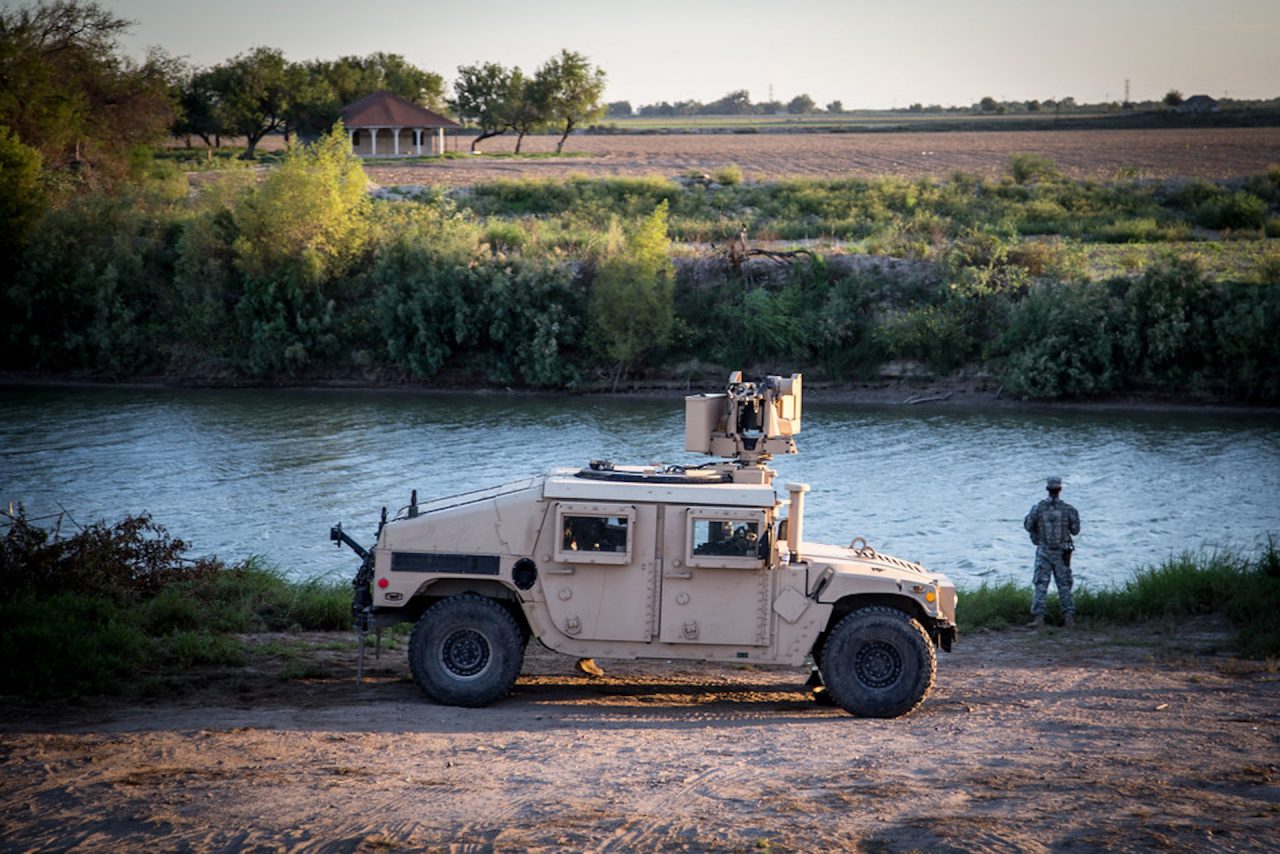Already a subscriber? Make sure to log into your account before viewing this content. You can access your account by hitting the “login” button on the top right corner. Still unable to see the content after signing in? Make sure your card on file is up-to-date.
Missouri Governor Mike Parson announced the state’s plan to send up to 200 National Guard members and 22 state highway patrol troopers to support Texas at the southern border. This decision follows Governor Parson’s visit to the border, where he observed what he terms a crisis, attributing the situation to the current federal administration’s policies.
Parson’s announcement on Tuesday emphasized the urgency due to the impact of border issues on Missouri, highlighting the fentanyl crisis as a direct consequence of what he perceives as “reckless, irresponsible, and failing open-border policies.”

During a press conference, Governor Parson criticized the federal government’s handling of border security, urging immediate action to manage migrant flows and drug trafficking. “Missourians are dying, families are being ripped apart, communities are being destroyed, and Missouri children are falling victim,” he stated, holding the federal policies responsible for exacerbating these issues. Parson’s move aligns with other Republican governors who have pledged resources to assist Texas Governor Greg Abbott against federal opposition, including legal challenges to Texas’ border security measures.
The deployment involves Missouri National Guard members and state troopers volunteering for rotation duties starting early March, backed by a $2.3 million supplemental budget request for border security efforts. This initiative mirrors actions by other states, like South Dakota, in responding to Abbott’s request for assistance.
Meanwhile, the Biden administration and Democratic officials refute claims that they bear sole responsibility for border problems, highlighting efforts to pass legislation for border security reforms as part of a broader foreign aid package, which faced political obstacles in Congress.






